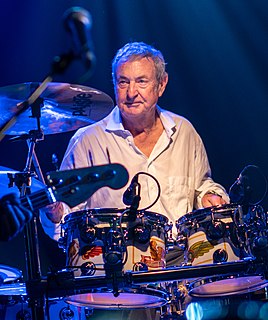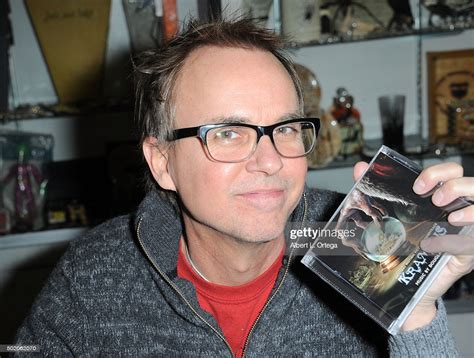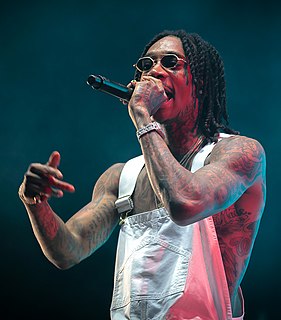A Quote by Adrian Younge
When you're recording live, really good vintage instruments onto two-inch tape, it's the best fidelity you can get.
Related Quotes
People simply don't have room, physical room, to keep, for instance, 2-inch tape in the sort of quantities that are required to hold a full archive. It's not just a matter of having three or four boxes, it's 40, 90 boxes of 2-inch tape, and very few people have the resources that sort of stuff properly.
I tell people that the scales lie. You may have played basketball and weighed 175 pounds, with a 30-inch waist, back when you were in college. And you may still weigh 175 at 55. But you probably have a 35-inch waist and you've probably lost 30 or 40 pounds of muscle -- and gained 30 or 40 pounds of fat. The tape measure doesn't lie. Get that tape measure out and put it on your hips and your waist. Keep checking it. And keep exercising and cutting those calories down until that tape measure gets close to where you were in your prime.
If you are recording, you are recording. I don't believe there is such a thing as a demo or a temporary vocal. The drama around even sitting in the car and singing into a tape recorder that's as big as your hand - waiting until it's very quiet, doing your thing, and then playing it back and hoping you like it - is the same basic anatomy as when you're in the recording studio, really. Sometimes it's better that way because some of the pressure is off and you can pretend it's throwaway.
I use all types of instruments, really depending on the film. Instrument choices are very much tied to lighting, colors, art direction, as well as the narrative elements. I have a great collection of vintage synths, and of course I do like to write for acoustic instruments. I find the depth and intricacy of sound and emotion you can get with acoustic ensembles extremely versatile and effective in the overall sound environment. Also, the human aspect of performance is such an important part of the music score to character connection.
































